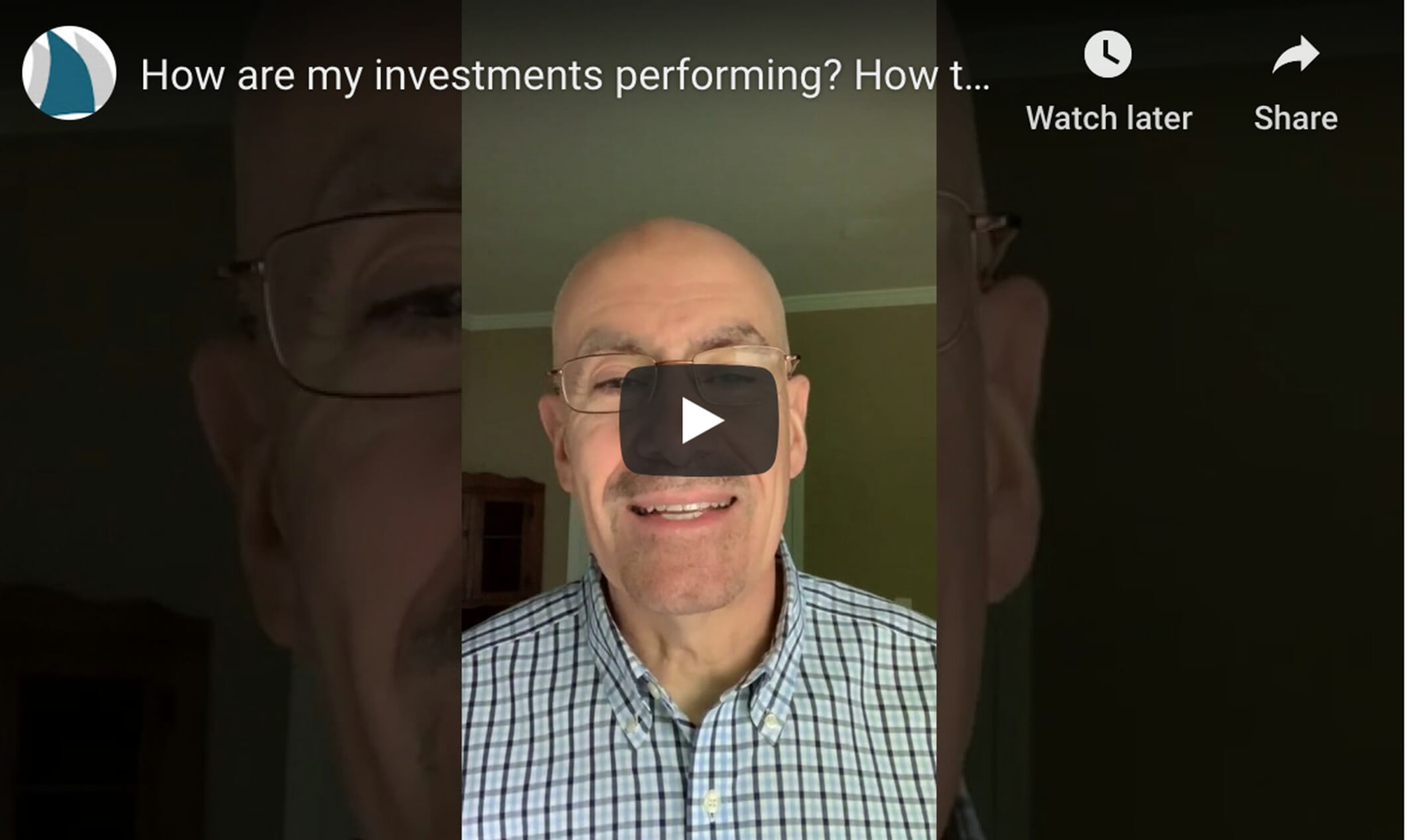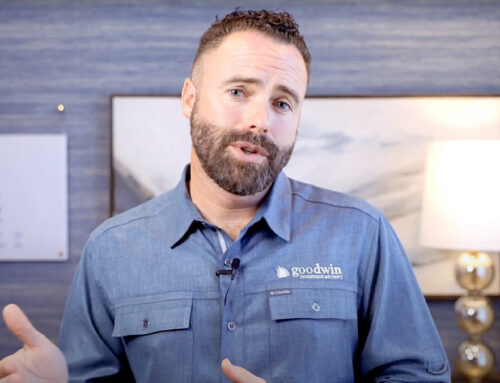
May 4, 2020
How are my investments performing?
How do you know if you have good, average, or poor performance?
When Your Portfolio out-performs or under-performs the market, ask yourself, which market? (stocks, bonds, commodities, or something else)
This means using benchmarks. Some common benchmarks are:
The DOW:
- The Dow Jones Industrial Average (DJIA) is a widely watched benchmark index in the U.S. for blue-chip stocks.
- The DJIA is a price-weighted index that tracks 30 large, publicly-owned companies trading on the New York Stock Exchange and the NASDAQ
- The index was created by Charles Dow in 1896 to serve as a proxy for the broader U.S. economy.
The S&P 500 or simply the “S&P”
- The S&P 500 Index or the Standard & Poor’s 500 Index is a market-capitalization-weighted index of the 500 largest U.S. publicly traded companies.
- The index is widely regarded as the best gauge of large-cap U.S. equities. As a result, there are many funds designed to track the performance of the S&P.
- It was created in 1957.
Bloomberg Barclays Aggregate Bond Index or simply the “Agg”
- The index includes government securities, mortgage-backed securities (MBS), asset-backed securities (ABS), and corporate securities to simulate the universe of bonds in the market.
- The index is broadly considered to be the best total market bond index, as it is used by more than 90% of investors in the United States.
So, which is the right one or right ones to use?
- To know that, you have to understand what you are invested in.
- Is your portfolio international or just U.S. based?
- Do you have just equities, just bonds, or both?
- Do you have other investments like real estate funds, commodities or something else?
For instance, if you were invested ½ in US small tech companies and ½ in Emerging market small tech firms, using something like the S&P 500 wouldn’t make sense.
Also, if you’re an ultra-conservative investor with 70% or more in bonds and fixed-income instruments, using something like the S&P 500 wouldn’t make sense either.
Things to ask yourself:
- Do I understand what my expectation of “good” performance is? (what is my benchmark?)
- Do I understand my investment strategy?
- Do those fit each other?
- If you have an advisor, does that advisor have the heart of a teacher and do they make sure you understand your investment strategy and risk level?
- Does your advisor make sure your strategy and expectation around benchmarks align with each other?
Markets go up and markets go down. So will your investments.
The Big Takeaway:
Not only should your advisor provide you confidence in your financial life, but in the end you should do better (even after paying your advisor) than you would have done on your own.










